
Recently, as a diehard Marvel fan, I’ve found myself defending the Marvel Cinematic Universe (MCU) after its president, Kevin Feige, responded to critics who accused it of promoting a “woke” agenda. This criticism primarily focused on the MCU’s focus on diversity and female-centric narratives following the epic conclusion of Avengers: Endgame.
Feige’s comments come at a time when the franchise has faced a dip in box office success, with some high-profile projects falling short despite robust marketing efforts emphasizing inclusive storytelling. As a passionate fan, I believe that the MCU’s commitment to diversity and strong female characters is not only beneficial for the franchise but also reflects the world we live in today.

I’ve been expressing this idea long before ‘woke’ and ‘DEI’ became popular, and I continue to do so today: Marvel represents the world beyond your doorstep. It’s not like Gotham City or Metropolis; it’s New York and Los Angeles. Of course, there are also Wakanda and Asgard, but they all reflect the diversity of our own world.
In line with what Feige has previously shared, I resonate with his view that Marvel’s storylines embody real-world diversity, not just ideological posturing. I can’t help but feel a swell of pride when I think about characters like Ms. Marvel (Kamala Khan), portrayed by the exceptional Iman Vellani. She’s truly one of our most outstanding casting choices, and it’s clear that she won’t be relegated to the sidelines, even amidst the less-than-optimal reception of her streaming series and the movie The Marvels.

So, according to Feige, Marvel isn’t “woke,” but it’s doubling down on these failed characters.
The article from The Wrap focuses on Feige’s dedication to utilizing characters introduced after Endgame, and a reduced production schedule to prevent audience overload. Yet, some critics contend that this argument disregards the financial challenges confronting the MCU, as movies centered around progressive themes have had difficulty striking a chord with a wider audience.
Post-Endgame Shift to Female-Led Stories and Diversity Focus
Ever since the groundbreaking success of “Avengers: Endgame,” which raked in an impressive $2.79 billion globally and solidified Marvel’s cultural supremacy, they seem to have taken a new direction. This new path leans heavily towards assembling more diverse casts, featuring female co-leads and solo ventures for our favorite heroines. In the 13 theatrical releases following “Endgame,” up until mid-2025, no less than seven can be categorized as either female-led or co-led. This deliberate shift, as some critics argue, appears to prioritize representation over captivating storylines, leading to a series of underwhelming experiences for fans.
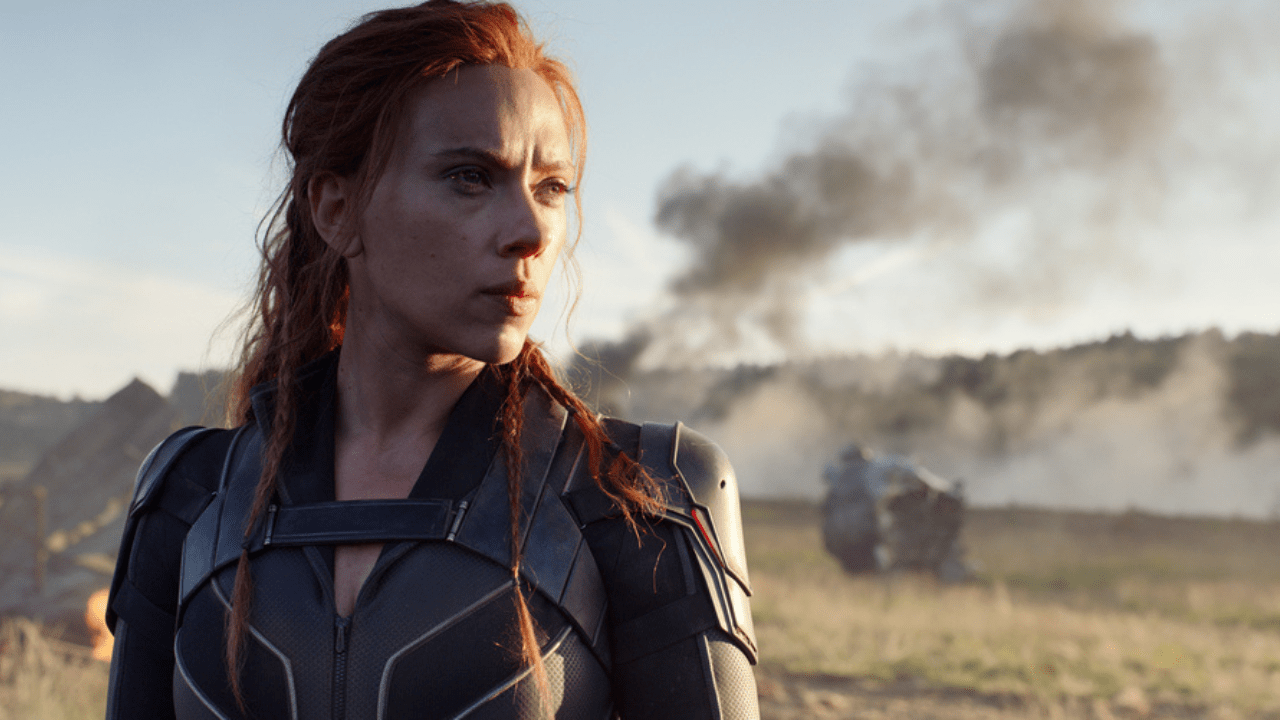
Movies such as “Black Widow,” starring Scarlett Johansson, generated approximately $379.8 million globally, yet faced limitations due to a concurrent release on Disney+ during the 2020 lockdowns, which prevented it from meeting anticipation for a character with extensive fan backing. On the other hand, “Eternals,” helmed by Chloé Zhao and boasting a diverse cast including PRIDE members, placed Gemma Chan’s Sersi at its core within an ensemble. Despite earning $402 million, it was criticized for its convoluted storyline and timing issues, garnering mixed reviews and a 47% audience rating on Rotten Tomatoes.
In “Black Panther: Wakanda Forever,” there was a significant spotlight on characters such as Shuri (portrayed by Letitia Wright), who takes over the role of Black Panther, along with Nakia, Okoye, and Ironheart. The film brought in an impressive $859 million at the box office, though this was slightly lower than the original’s staggering $1.35 billion earnings.
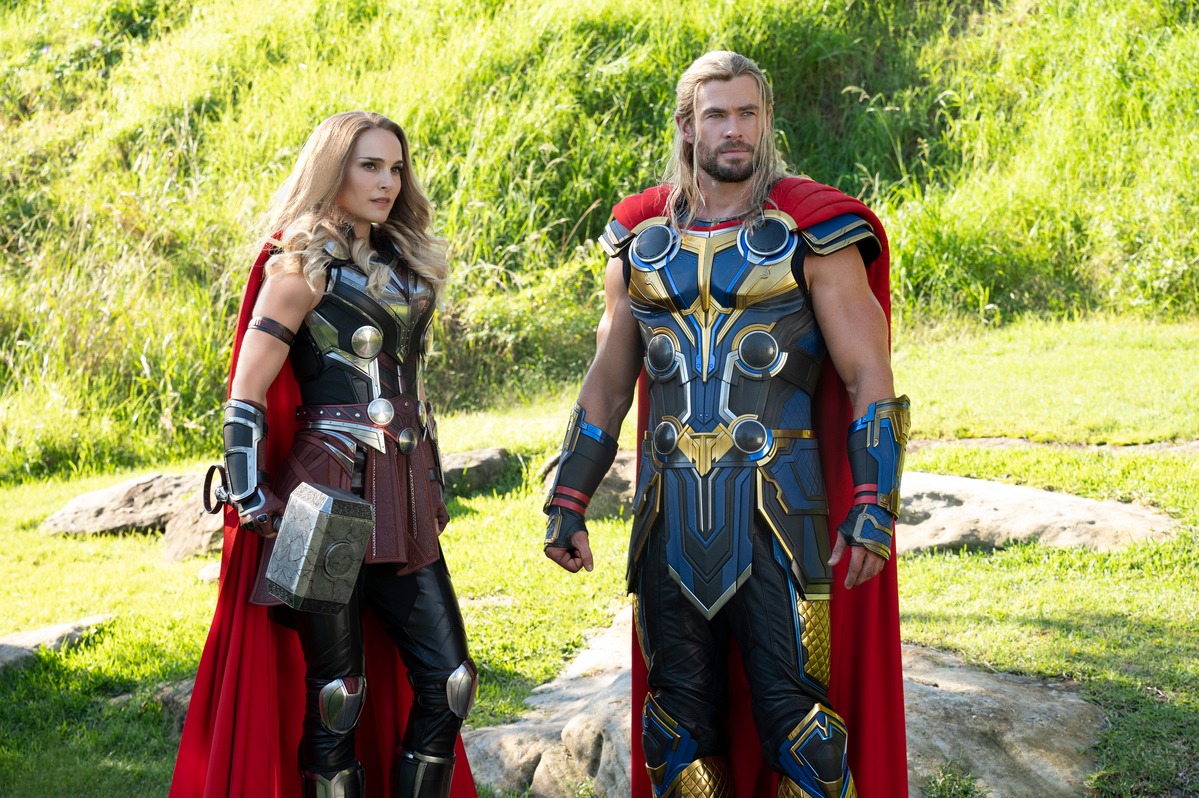
In “Thor: Love and Thunder,” Natalie Portman played Jane Foster/Mighty Thor alongside Chris Hemsworth’s Thor. However, the film generated a revenue of $760 million, which was less than expected for the franchise and sparked criticism due to changes in tone and accusations of virtue signaling being perceived.
In a new twist, Ant-Man and the Wasp: Quantumania maintained the partnership between Evangeline Lilly’s Hope van Dyne/The Wasp and Scott Lang, but unfortunately, it didn’t meet expectations with a global box office collection of $476 million. This underperformance was attributed by some to exhaustion from multiple universe stories and alleged forced inclusions of diversity aspects.

The peak of this trend was reached with “The Marvels,” a collaboration starring Brie Larson, Iman Vellani, and Teyonah Parris, who are all women, and two of them hail from diverse backgrounds. With a budget of $200 million, it underperformed in the box office, garnering only $206 million globally, surpassing “The Incredible Hulk” as the MCU’s largest financial disappointment.
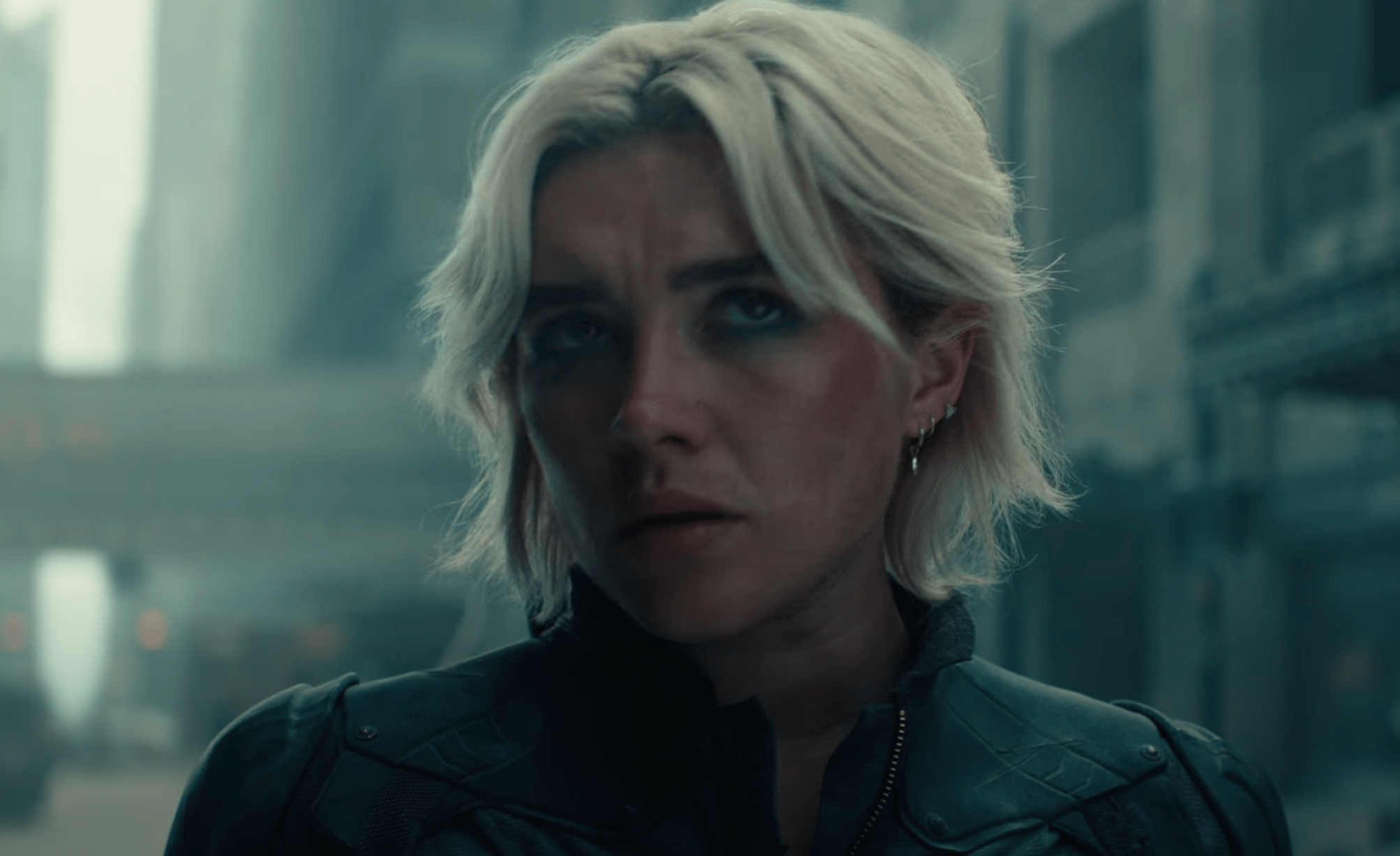
After the events depicted in Endgame, the film Thunderbolts showcased a group of unconventional heroes led by women, with Florence Pugh portraying Yelena Belova, Hannah John-Kamen as Ghost, and Julia Louis-Dreyfus in the role of Valentina Allegra de Fontaine. Despite its substantial $180 million production budget and high anticipation as a potential “Dark Avengers” counterpart, the movie fell short at the box office, earning only $382 million globally, and failing to recoup costs after taking marketing expenses into account.
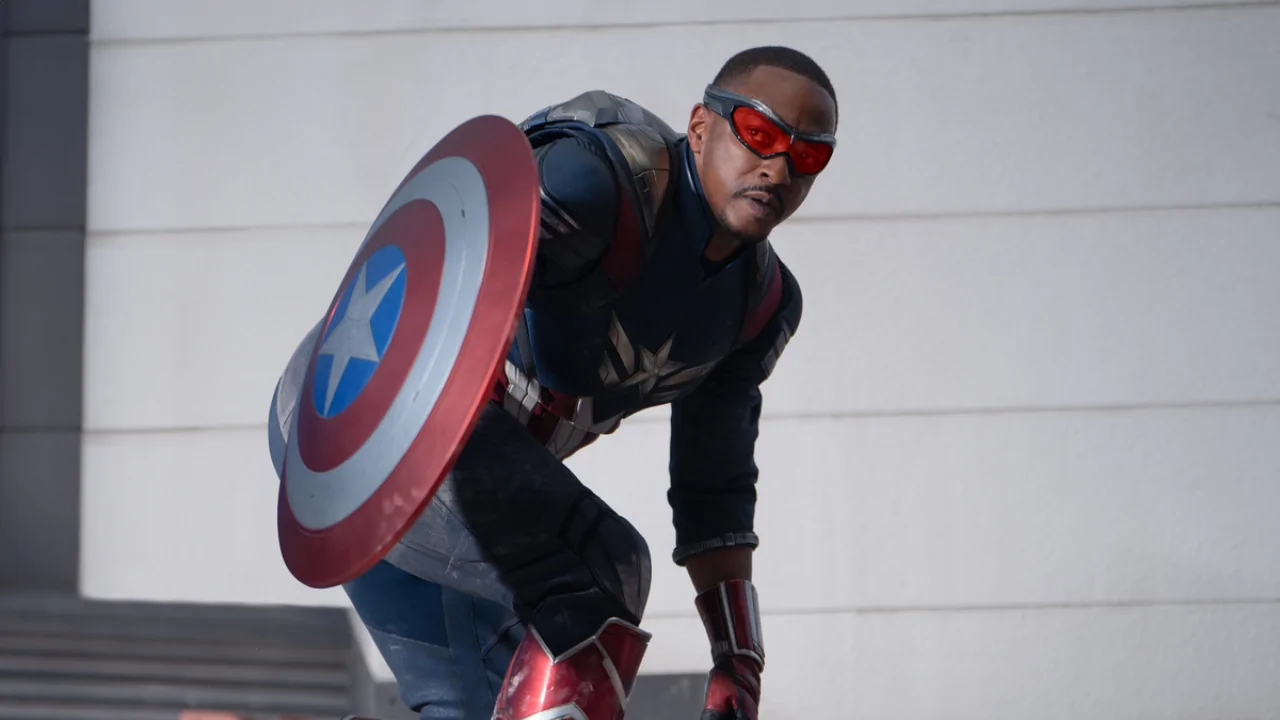
As a movie buff, I must say that experiencing “Captain America: Brave New World” felt like witnessing a tale unfold from a fresh perspective. However, the decision to switch the Captain America mantle sparked quite a bit of debate among fans, as some found it hard to embrace this change.
Even though it had an opening weekend of $88 million (which outperformed some recent box office disappointments but fell short when compared to earlier Captain America films such as Civil War), the film ultimately earned only $401 million worldwide on a budget of $350 million, confirming its status as another movie that failed to meet commercial expectations.
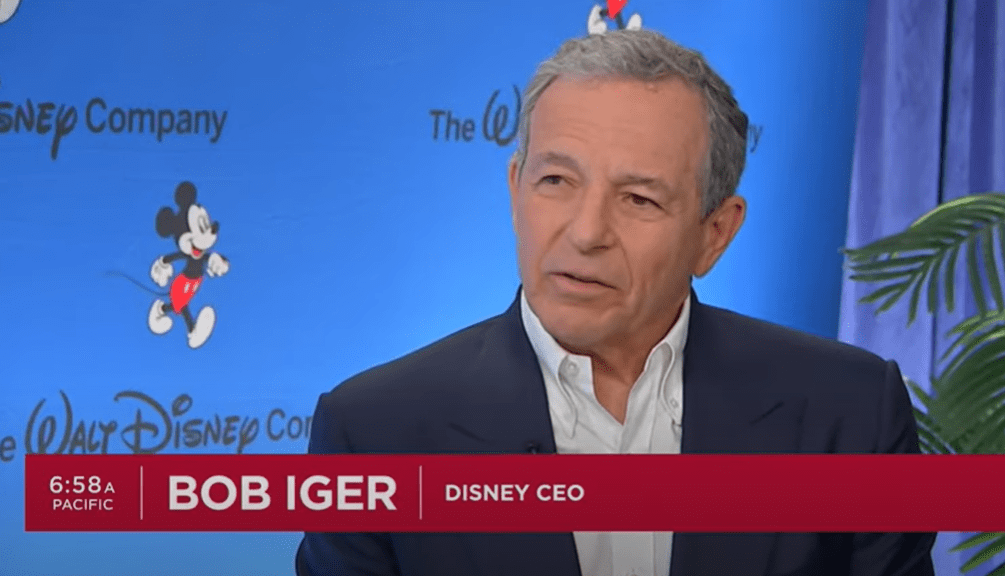
It’s been admitted by Disney CEO Bob Iger that perhaps too much focus on quantity instead of quality might have weakened their brand identity. There are whispers suggesting that certain Marvel producers linked to the “woke” Phase 4 missteps may have been let go, hinting at a possible shift in direction under Kevin Feige’s leadership, which could be a sign of change.
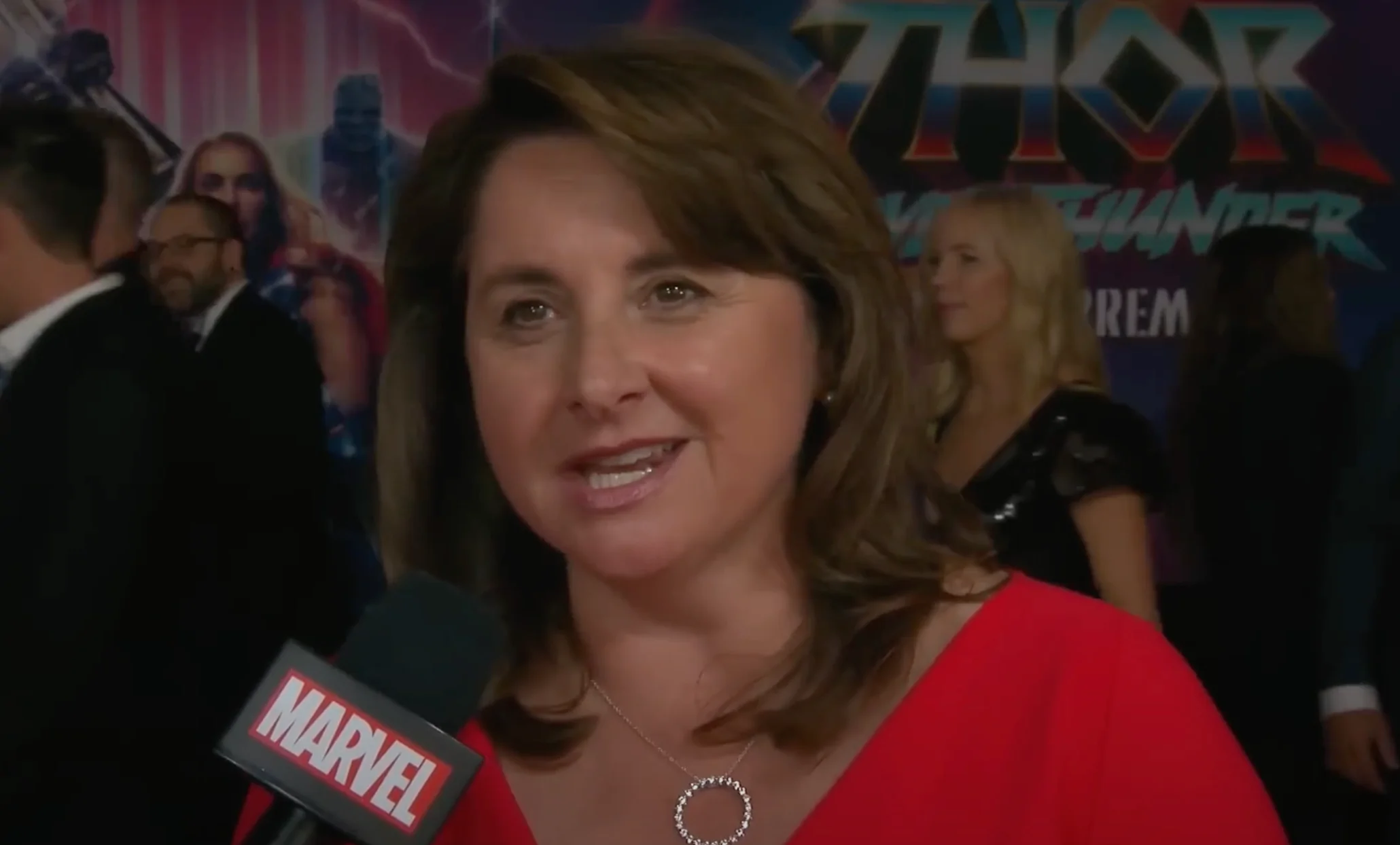
Among the notable dismissals was that of Victoria Alonso, a seasoned Marvel producer frequently perceived as Kevin Feige’s right-hand person. She openly expressed her puzzlement regarding why the X-Men team was labeled as the X-MEN, causing some stir in the industry.
The Role of Streaming Shows in Eroding Brand Trust
Amplifying the troubles in the world of theatre, Marvel’s Disney+ series are significantly focusing on female characters, with at least 12 out of 16 shows featuring women as main characters or co-leads. This new direction often involves innovative storytelling, which some traditional fans find off-putting. These streaming projects, while independent from box office performance, have been criticized for exacerbating Marvel Cinematic Universe (MCU) fatigue by placing emphasis on progressive themes rather than maintaining consistent narratives. This shift has raised concerns among viewers, potentially contributing to a decrease in theater attendance.
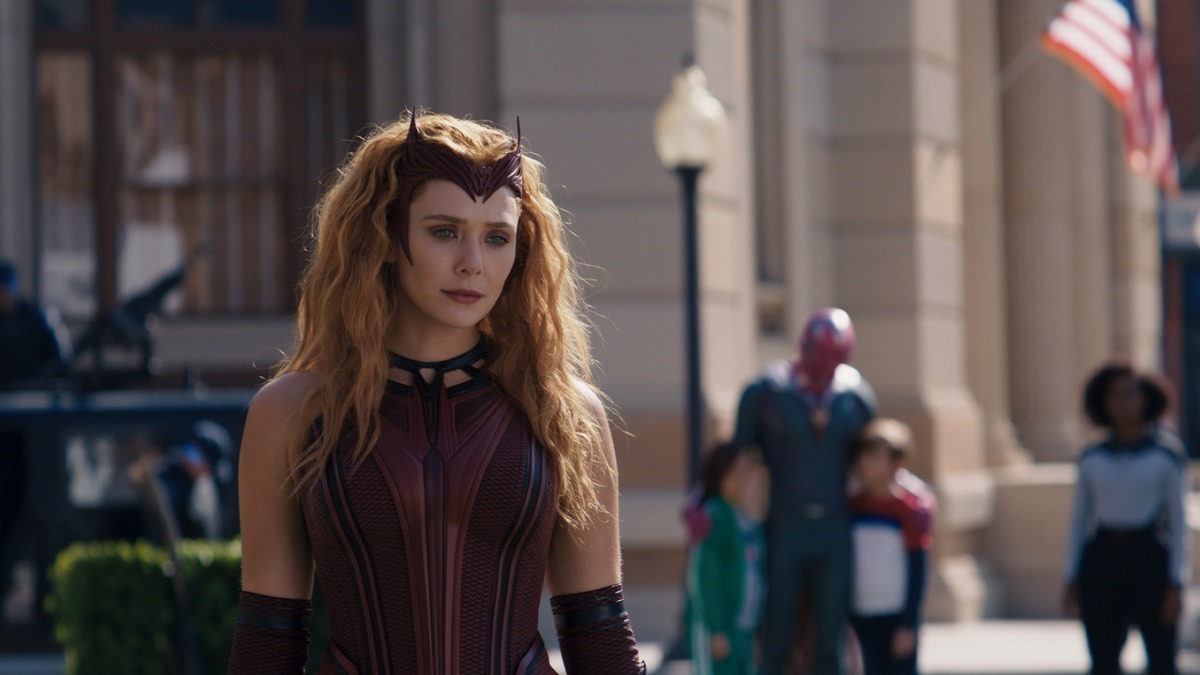
As a devoted fan, I can’t help but sing the praises of the captivating series, “WandaVision.” Starring the immensely talented Elizabeth Olsen as Wanda Maximoff/Scarlet Witch, this extraordinary production delved deep into her heart-wrenching grief and her remarkable ability to manipulate reality. Initially, it was met with rave reviews, but its innovative storytelling approach, characterized by a fragmented narrative structure, set a distinctive tone for future productions within the Marvel Cinematic Universe.
In the series “Hawkeye,” the lead role alongside Clint Barton, played by Hailee Steinfeld’s character Kate Bishop, emerged significantly. As Barton’s apprentice, she assumed a more prominent position. The animated show, “What If…?,” progressively highlighted episodes centered around women, with Captain Carter taking the spotlight among them. Eventually, the third season of this series primarily focused on tales revolving around female characters.

Attorney at Law, featuring Tatiana Maslany as Jennifer Walters, was divisive due to its use of meta-humor and strong feminist themes.
These shows such as “Loki” and “Secret Invasion” used a strategy known as “bait-and-switch,” initially featuring male protagonists but later focusing on female counterparts like Sylvie or developing strong characters like G’iah. This shift has sparked discussions about whether the content is influenced by certain agendas, given its focus on powerful female figures.
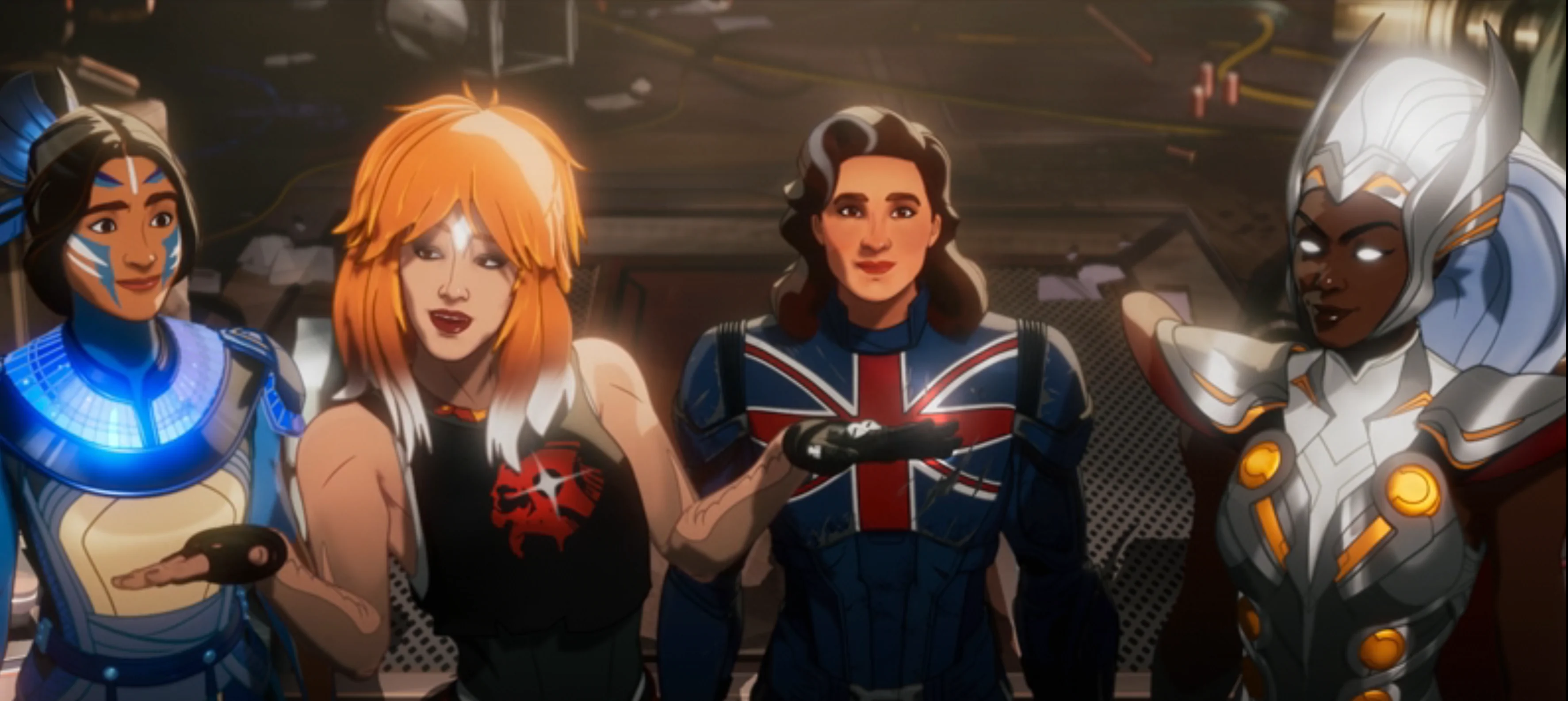
In the latest additions, we find stories like “Echo“, which delves into Alaqua Cox’s Maya Lopez and her Native American heritage; “Agatha All Along“, focusing on Kathryn Hahn’s Agatha Harkness and her coven of witches; and “Ironheart“, where Dominique Thorne’s Riri Williams takes the spotlight as a young, tech-whiz successor to Tony Stark.
The specific audience appeal and varying quality of these shows are associated with a wider issue of brand watering down, as viewers express exhaustion from frequent promotions, which in turn lessens their excitement for upcoming blockbuster movies.
The Bigger Picture: Market Rejection or Mismanagement?
It’s possible for Feige to argue against the idea that Marvel is “woke,” but this assertion seems unconvincing to many, particularly given that other companies such as DC are reducing their focus on similar projects.
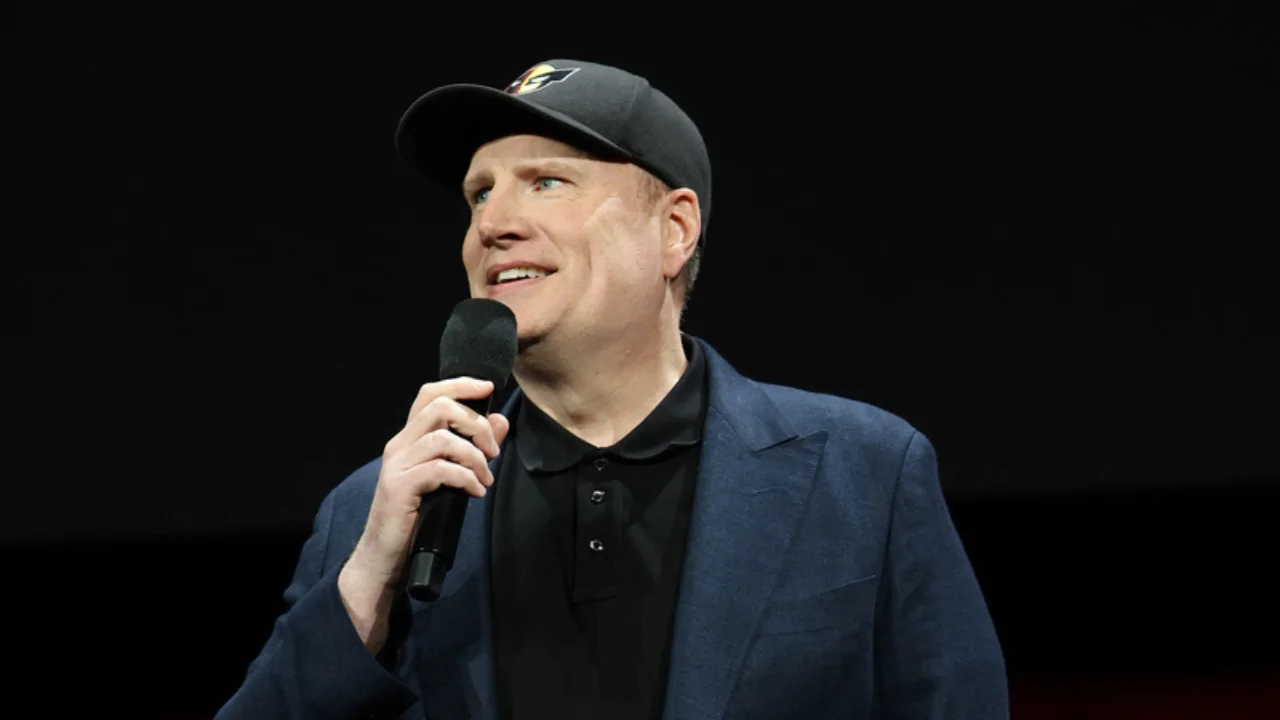
In a different tone, it can be said that Deadpool and Wolverine made jokes poking fun at Disney’s more socially aware side, but what really worked was their focus on providing entertainment rather than delivering a message. This approach brought in over $1 billion. However, Kevin Feige’s subtle nod to urban, coastal elites, specifically referencing “New York and L.A.”, could potentially turn off audiences from the heartland who have previously contributed significantly to the success of Marvel Cinematic Universe films.
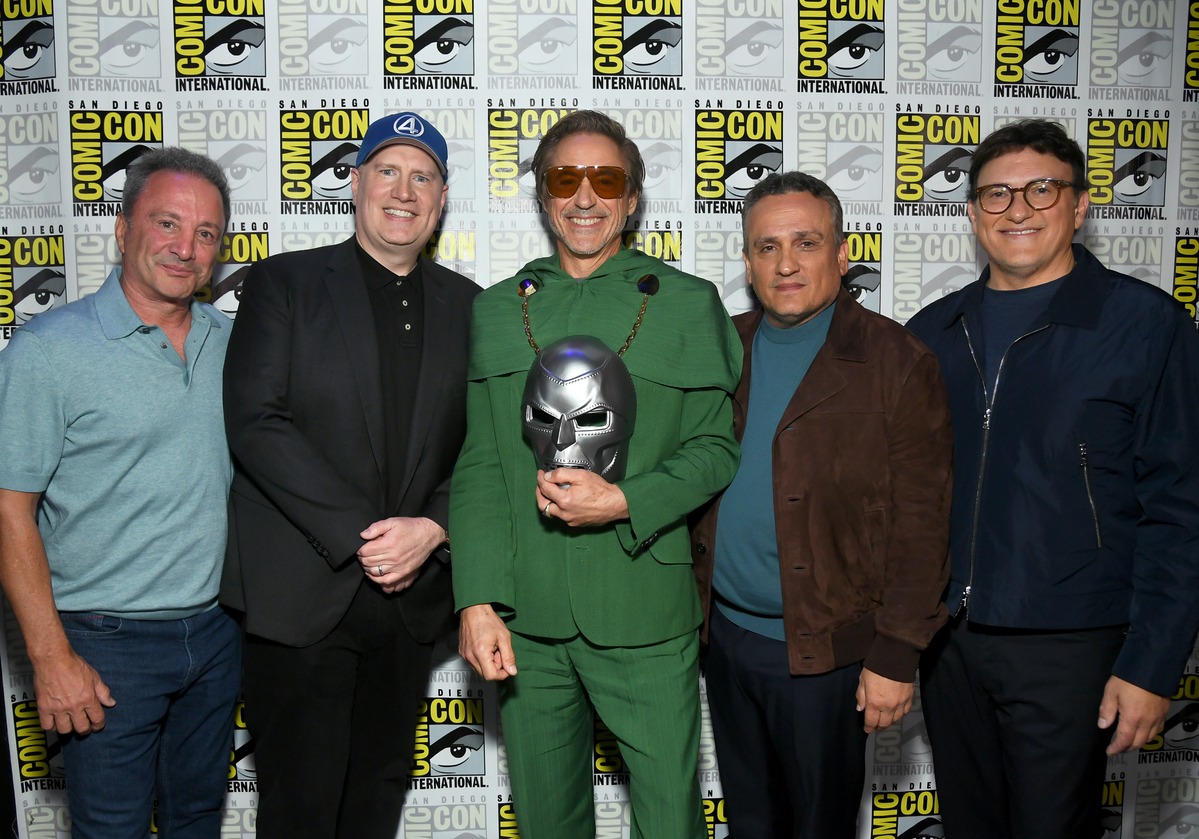
In the lead-up to “Avengers: Doomsday,” there’s a question hanging in the air: Will Feige stick with his approach of creating a world mirroring our own, or take note of the box office indicators? If past trends are any indication, disregarding market signals could lead to more challenges for a franchise that was once invincible.
Read More
- Who Is Harley Wallace? The Heartbreaking Truth Behind Bring Her Back’s Dedication
- 50 Ankle Break & Score Sound ID Codes for Basketball Zero
- Basketball Zero Boombox & Music ID Codes – Roblox
- 50 Goal Sound ID Codes for Blue Lock Rivals
- Lost Sword Tier List & Reroll Guide [RELEASE]
- Gaming’s Hilarious Roast of “Fake News” and Propaganda
- Revisiting Peter Jackson’s Epic Monster Masterpiece: King Kong’s Lasting Impact on Cinema
- Summer Games Done Quick 2025: How To Watch SGDQ And Schedule
- The best Easter eggs in Jurassic World Rebirth, including callbacks to Jurassic Park
- 100 Most-Watched TV Series of 2024-25 Across Streaming, Broadcast and Cable: ‘Squid Game’ Leads This Season’s Rankers
2025-07-21 14:57